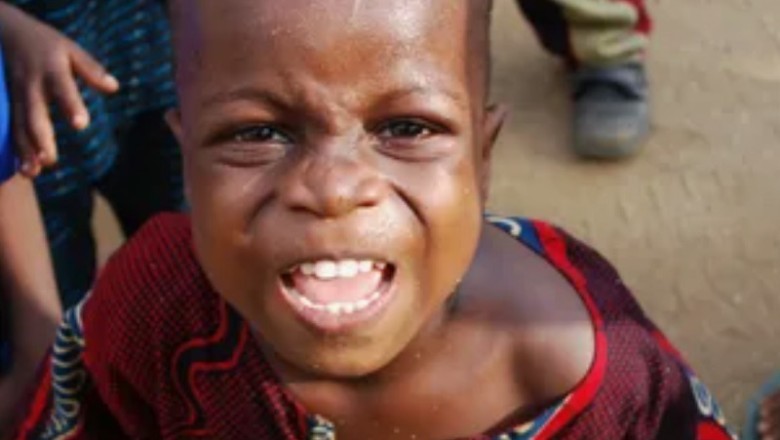
views
Do not risk your life: What should never be done in African countries
The African continent is vast, with beauty that cannot be seen anywhere else. It is clear that those who love to travel would very much like to visit here. However, firstly, there are many places in Africa that tourists are strongly advised not to visit. In other areas, the risks to life may be less, but the danger still exists.
Health
Almost everyone knows about vaccinations before traveling to Africa. But knowing which ones are needed and how to organize it is also important. Because vaccinations may differ in different places, it is best to check the official WHO website for clarification. You will also need to consult with your primary care physician. Once you have decided which group you will travel with, you can seek advice from specialists working with the group. Moreover, many travel companies try to organize tours to places in Africa where vaccinations may not be necessary at all. For example, yellow fever can be found in the north and west of Zambia. Malaria is also not present everywhere.
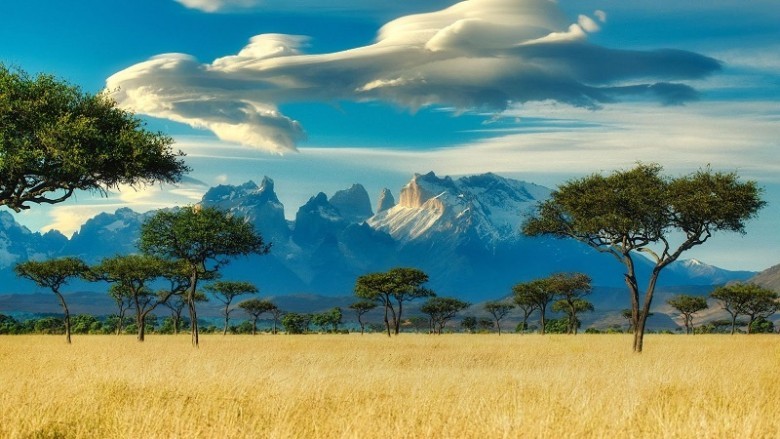
If travelers are certain to encounter malaria-prone areas along the route, they will need to take prophylaxis in addition to vaccination. Two weeks before departure, you will need to start taking special medications. When you arrive at your destination, after the sun sets, you should not go outside without wearing cotton clothing that covers your arms and legs completely. In some places, you will need to treat your clothing with special compounds, and sometimes you may need to use mosquito nets. Therefore, it is necessary to purchase special repellents in advance. You can also read about the recommended products on the WHO website.
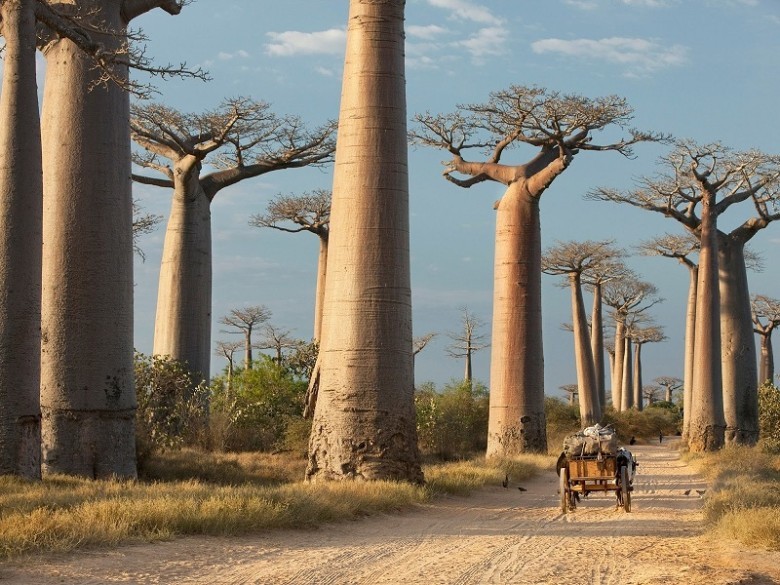
Yes, there are many snakes in Africa. Some of them are even venomous. However, they are not eager to encounter humans themselves and show unprovoked aggression. Moreover, there are far fewer snakes in Africa than in Asia. Snakes are very sensitive to ground vibrations and have excellent hearing, so they can hear when someone is approaching them. Therefore, not wanting an unexpected encounter, they will most likely hide so that you do not notice them. You should only ensure that your footwear is snake-proof and provides protection for your feet as high as possible. And even if an unfortunate event occurs, it is not necessary to panic. Apply a limb-fixing bandage and quickly make your way to a hospital. Do not believe in the fairy tale that snakebite suction will save you.
The sun in Africa can also pose a danger to humans, and protection from it will be necessary. In Africa, it is essential not to go without headgear. Sunscreen should be applied before every outing from the hotel, and do not forget about sunglasses. In these regions, you should drink no less than three liters of water per day. It is essential to take salt tablets. However, alcohol is strictly prohibited in such a climate if you do not want to become dehydrated. Generally, tap water in hotels is safe, but it is still better to purchase water from stores. And do not forget about the main risk of contracting HIV/AIDS. It is necessary to carefully study information on how these diseases can be transmitted.
Crime in African Countries
In countries where the gap between the incomes of a small group of people and the majority of the population appears enormous, it's no surprise that the crime situation, to say the least, is not favorable. Every city in Africa has prosperous neighborhoods and areas where crime rates are alarmingly high.

Leaders of tourist groups are aware of this and warn their charges in advance about places that are very dangerous to visit. Tourists are often simply robbed, so it's advisable not to go anywhere alone and avoid carrying expensive items in the city. If you need to go somewhere in the evening, it's best to call a taxi.
Wildlife
Of course, every tourist in Africa would want to visit a National Park or go on a safari. Wild animals may seem cute, but each of them would gladly consider you as their meal or hoard their prey for dinner. National parks have campsites where you can stay. It's essential to venture into nature only with an experienced guide and follow their instructions unquestioningly.
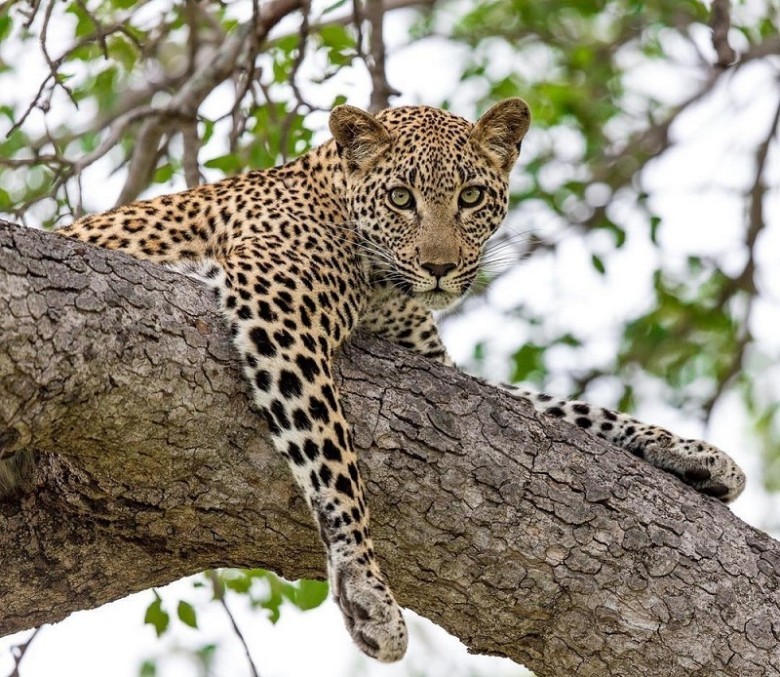
Deviating from the officially marked path is strictly forbidden. Speed limits are in place everywhere and must be adhered to. Not only is it prohibited to feed wild animals, but you should also make an effort not to disturb them at all. You can only exit the vehicle with the instructor's permission.
Locals
Many local residents you encounter in Africa will be friendly towards you. Tourists are interested in taking photos with the locals, learning about their customs and way of life. Remember that for them, you are also somewhat like people from another planet, so they will also be curious about you. However, you should not let your guard down.
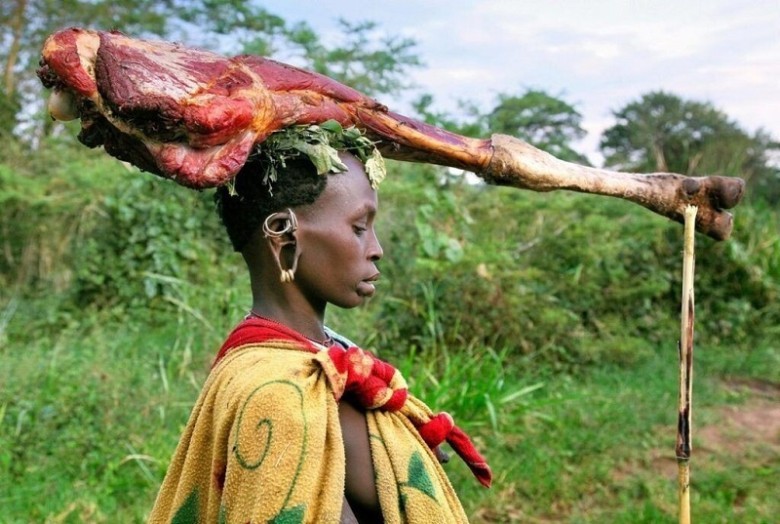
Poor people in Africa are not as interested in communicating with tourists as much as they hope to gain some benefit from meeting you. Moreover, you should not blindly trust not only ordinary people in Africa but even the local police. Given the opportunity, they will also try not to miss out on their advantage.
Other Dangers in Africa
Interestingly, there is North Africa with the Red Sea beaches and civilized leisure in 5-star hotels. Then there is South Africa, also referred to as Black Africa. Leisure here is characterized by its extremeness, but the excitement and experiences you gain are greater.
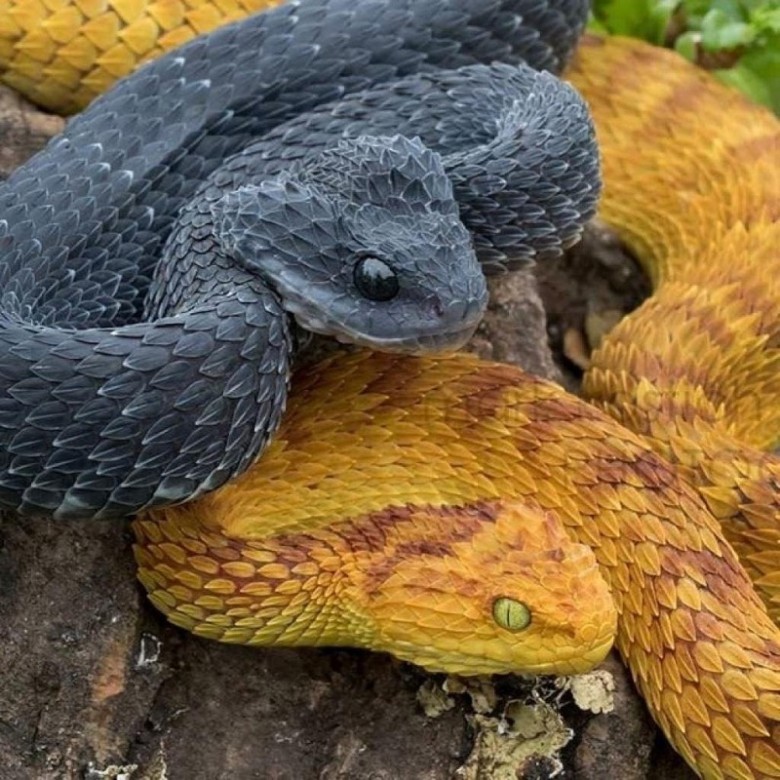
Wildlife, safaris, getting to know local traditions. By the way, do not relax if a child approaches you and asks for money. Because as soon as you give it to them, a whole crowd of similar kids will swarm around you and not let go until your wallet is emptied. Never photograph locals without asking for permission, and do not photograph strategic objects at all. Also, do not provoke animals into aggression.














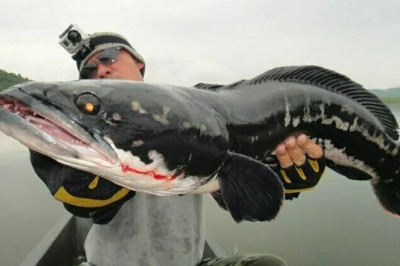



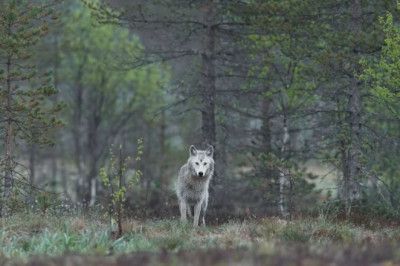

Comments
0 comment